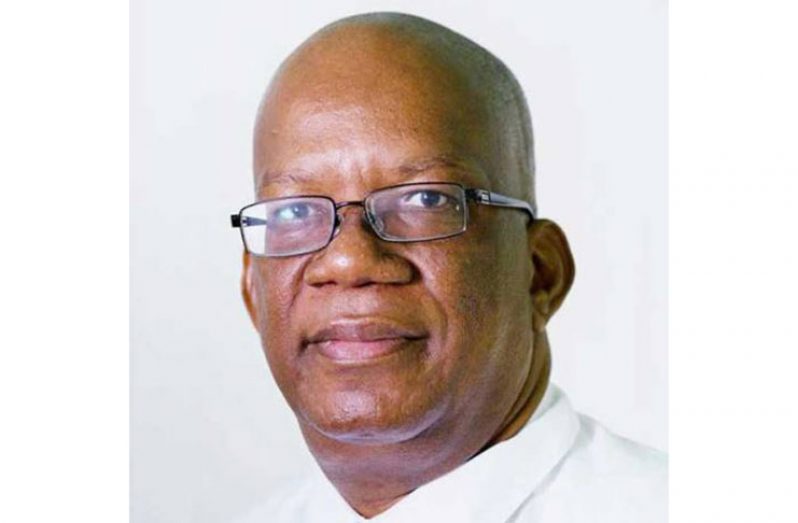GUYANA has received its first payment of oil and gas royalties from gross production to date at a total of US$4,909,505.30.
The royalties have been deposited in the Natural Resource Fund (NRF) account opened with the Federal Reserve Bank of New York.
In an invited interview with this newspaper on Thursday, Minister of Finance, Winston Jordan, confirmed that the payments are collectively for January, February and March. Though royalties are calculated on a monthly basis, Article 15.6 of the Petroleum Agreement specifies that the monies be transferred to the government quarterly, 30 days after the end of each calendar quarter.
This timeline was met on Thursday and, for the second quarter, Guyana can expect its second payment of royalties on July 30, 2020. The US$4.9million received by Guyana averages around GY$1,040,815,123.60 in consolidated total or approximately GY$346,938,000 a month. Under the Production Sharing Agreement (PSA) governing the Stabroek Block, Guyana will be receiving at a minimum two per cent royalty on all oil produced in the Block plus 12.5 per cent profit oil. As the capital and operating costs are liquidated, Guyana’s share of profit oil will increase.

Earlier estimations had pegged that the life of the Liza Phase One project would generate over $7B in royalty and profit oil revenues for Guyana. Given the global economic crisis, Minister Jordan said that this estimation will be revised based on the crude market price.
“As you well know, things are very fluid, things are changing all the time,” he said. “Clearly, that figure, at today’s prices, will not suffice. We haven’t gone down the road yet where that is concerned. Eventually, we’ll obviously have to do recalculations as soon as we can get a settled understanding of where these prices are going.”
Added to these royalties, on March 11, Shell Western Supply and Trading Limited — contracted to lift Guyana’s first three cargoes — deposited US$54,927,994.80 into Guyana’s NRF account. Minister Jordan said that he is pleased that there can be no distrust about whether these finances are being managed well as the Ministry of Finance, and government by extension has remained transparent in its dealings.
He stated: “Everything has been to the book, by the book and transparent and accountable. All the monies that we have earned so far, as people can see, is going into the account and they can see the interest being earned.” He reminded that Guyana can begin to use these resources to address critical areas of need as soon as a new Parliament begins. Asked which area he believes would take first priority when the time comes, Jordan pointed to the ongoing health crisis.
“Some will obviously have to be used in the context of COVID. I think clearly some can be used for that purpose,” he said. The Finance Minister had noted about a week ago that the government will turn its attention to stimulus packages for vulnerable Guyanese affected by COVID-19 after the country moves past hurdles such as the current electoral impasse. In the meantime, he said that the government is working to establish a database of all persons whose lives have been severely affected by the ongoing outbreak.
Meanwhile, speaking on a previous occasion, Director of the Department of Energy, Dr. Mark Bynoe was pleased to remind the public that Guyana will receive more benefits from its oil apart from the two per cent royalty. The Energy Director said: “These one million barrels is part of our profit oil allocation. It does not include the two per cent royalty, which would be paid on gross productions. So, even though we are having a million barrels lift in this particular instance, we are also receiving two per cent on all oil that is being produced.
This gets us away from the perception that all Guyana is getting under the contract is two per cent royalty. I am happy to say that Guyana is entitled to approximately five million barrels of oil in 2020 alone, plus the two per cent royalty, plus withholding taxes, plus the direct and indirect benefits through employment creation and other revenue-generated income. So, this is not a contract that we should take lightly, it is not an occasion that we should take lightly.”


.jpg)











